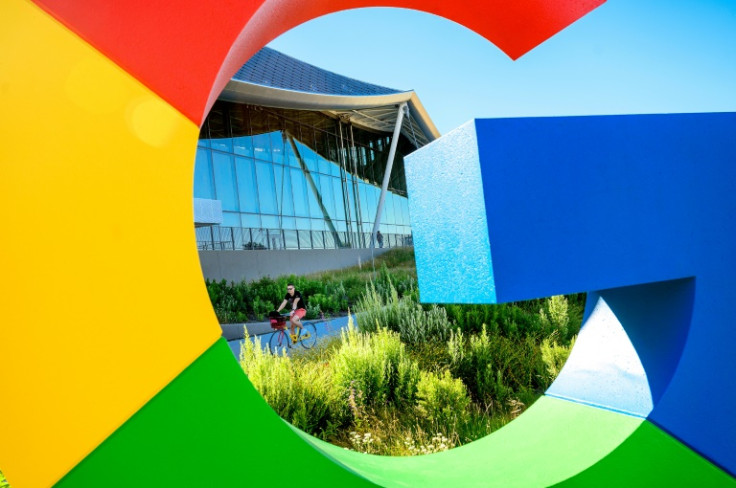Generative AI Threatens Google's Hold On Search Engines, Says Microsoft Boss
Microsoft is one of the world's leaders in the development of generative AI, which it is embedding into its popular business software products.

Generative AI threatens Google's position as the world's dominant search engine, the boss of Microsoft says.
Speaking at Chatham House in London before attending the World Economic Forum (WEF) in Davos, Satya Nadella said that generative artificial intelligence would "reset" how information was found and distributed.
Generative AI is defined as applications typically built using foundation models.
These models contain expansive artificial neural networks inspired by the billions of neurons connected in the human brain.
Foundation models are part of what is called deep learning, a term that alludes to the many deep layers within neural networks.
Deep learning has powered many of the recent advances in AI, but the foundation models powering generative AI applications are a step-change evolution within deep learning.
However, rapid developments around the technology have led many to express concern about its impact on the jobs sector.
According to a new analysis conducted by the International Monetary Fund, the development of generative AI is set to affect almost 40 per cent of all jobs across the globe.
But major tech companies continue to invest billions into the technology, as they attempt to integrate it into their products.
And Nadella believes AI will not lead to job losses, but rather would change the type of jobs available and increase the need for re-skilling.
"We should not fall for what economists call the lump of labour fallacy," he said, referring to the theory that there is a fixed amount of work in the economy and that increasing the number of workers decreases the amount of work. "There will be jobs, the question is the shape of these jobs."
He also welcomed the increasingly heavy scrutiny of AI and admitted that in the past technology businesses had "moved fast" and then dealt with the "unintended consequences" of those actions.
Microsoft is one of the world's leaders in the development of generative AI, which it is embedding into its popular business software products. It has put more than $10 billion into OpenAI, the creator of ChatGPT, and the two businesses have a close partnership, with Nadella, 56, and Sam Altman, 38, the AI company's chief executive, frequently appearing together.
Alton was ousted from his own company last year after being accused of "not being candid" with the board and was poised to start a new position at Microsoft as leader of a new in-house AI team.
However, in a remarkable u-turn, OpenAI opted to bring the tech entrepreneur back in from the cold, after mass protests from staff backed the board into a corner.
Over 730 of OpenAI's employees – around 95 per cent of the workforce – signed an open letter threatening to quit the firm if Altman wasn't reinstated.
Technology companies continue to experiment with the future of finding information online and how traditional links and advertising could be integrated into a chatbot format.
In February last year, Microsoft integrated ChatGPT's capabilities into Bing, its own search engine, in a direct challenge to Google.
Last week, Amazon announced a trio of generative AI tools for Alexa, enabling users to chat with historical figures, create music and take quizzes.
Google revealed last year that it would bring generative AI in search to more than 120 new countries and territories.
Nadella, who has overseen Microsoft's investment in AI, will be a key figure at the WEF in Davos, Switzerland, this week, where the technology is dominating discussions between political and business leaders.
Delegates are expected to debate the governance of AI, including a longstanding dispute on whether the technology should be open-sourced and made available to the general public, or kept secure in the hands of a few companies such as Google, OpenAI and Microsoft.
Microsoft is also considering the risks of bias and electoral interference in its engineering as it develops its AI products – a new report published by the WEF claims AI-powered misinformation is the world's biggest short-term threat.
With 2024 being dubbed by many as "the year of elections", their Global Risks Report expressed fears that a wave of artificial intelligence-driven misinformation and disinformation could influence democratic processes and polarise society.
Such a threat is the most immediate risk to the global economy, the document, released annually, concluded.
Nadella admits that "there is no question that, with generative AI, election interference can be accelerated".
"Some of the things we are doing are around content ID and ensuring veracity of content in the media landscape. There are decent technical solutions," added the Microsoft CEO.
© Copyright IBTimes 2025. All rights reserved.






















